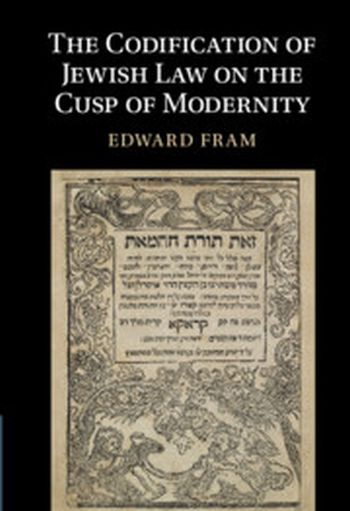
For more than four centuries, Jewish life has been based on a code of law written by Joseph Caro, his Shulḥan `aruk ['set table']. The work was an immediate best-seller because it presented the law in a clear and concise format. Caro's work, however, was methodologically problematic and was widely criticized in the first generations after its publication. In this volume, Edward Fram examines Caro's methods as well as those of two of his contemporaries, Moses Isserles and Solomon Luria. He highlights criticisms of Caro's legal thought and brings alternative methodologies to the fore. He also compares these three jurists, while placing their methods, and cases in their historical, intellectual, and religious contexts. Fram's volume ultimately explains why Caro's methodologically problematic work won the day, while more sophisticated approaches remained points of legal reference but fell short of achieving the acceptance that their authors hoped for.